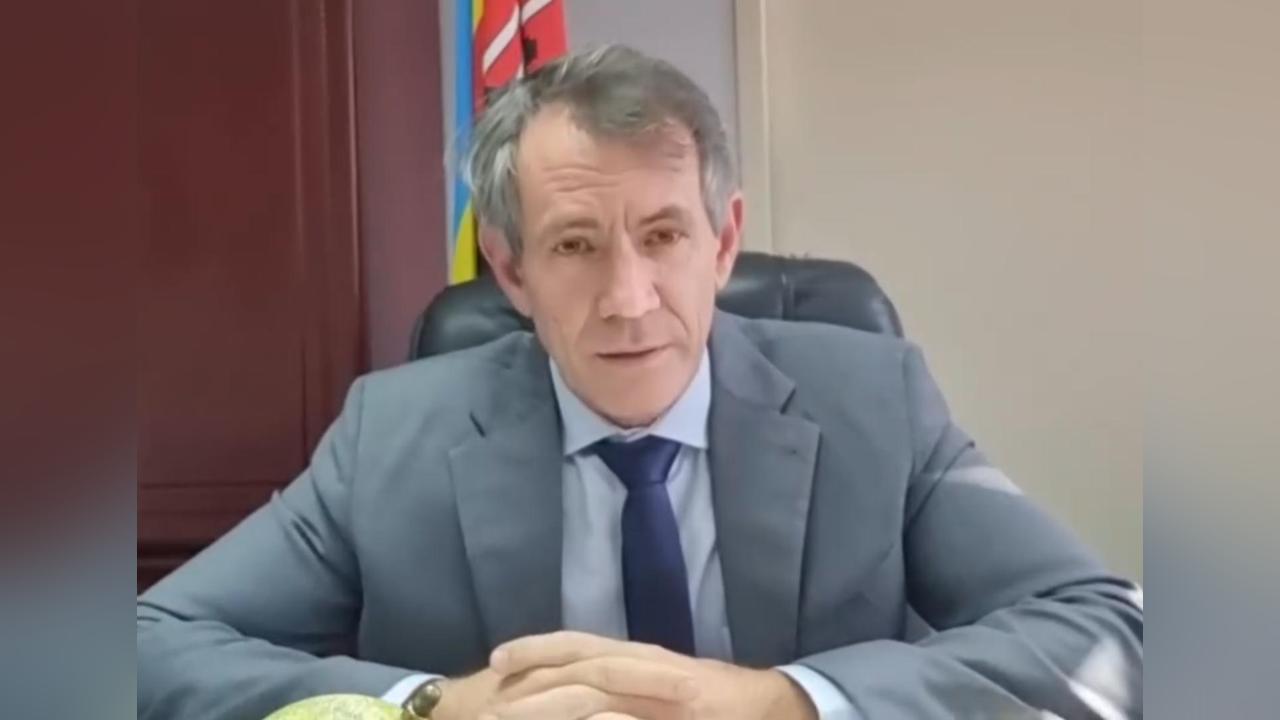Africa-Press – Eswatini. Minister of Finance, Neal Rijkenberg, has declared the country’s strategic vision for sustainable growth, anchored by a projected E16.5 billion in domestic tax collection this fiscal year.
The announcement, made during the “Finance in Focus” program, shows how the country is skillfully managing its revenue streams to support national development while maintaining a balanced fiscal path.
“This is a bold yet achievable target,” said Rijkenberg.
“Last year we collected E14.5 billion. We’ve raised the bar, not by increasing taxes, but by widening the tax base and enhancing compliance. We’re building a culture of transparency and responsibility.”
A Growing Economy, A Growing Confidence
With an anticipated GDP growth of up to 7.9%, one of the highest in the region, Eswatini is creating room for prudent borrowing without compromising economic stability. “What’s exciting is that this growth allows us to borrow responsibly while maintaining our debt-to-GDP ratio around 40–41%,” the minister explained.
Even if the 7.9% projection adjusts slightly, the country is still performing impressively compared to its regional peers. “We’re in a very decent space,” he added. “Growth gives us the ability to invest in our future.”
Where the Money Comes From—and Where It Goes
While the E16.5 billion in taxes marks a significant chunk of government revenue, it’s only part of the larger financial picture. The national budget expenditure stands at approximately E32.3 billion.
Rijkenberg outlined how the shortfall is bridged: “We receive about E11.5 billion from SACU receipts, E1 billion from non-direct taxes like border collections and vehicle licenses, and we responsibly loan the remaining E3 billion.”
He was quick to emphasize that this financial design is both transparent and carefully structured to avoid overburdening future generations.
Prioritizing People: Recurrent and Capital Spending
Of the E32.3 billion expenditure, E25 billion is allocated to recurrent spending, mainly public services like healthcare, education, and government wages. E7.3 billion is reserved for capital projects that will leave tangible assets for the nation.
“We are not just spending, we are investing in services and infrastructure that benefit the people directly,” said Rijkenberg. “Wages alone make up E10 billion, while the rest covers essential functions like maintaining roads, supporting state-owned enterprises, and servicing debt.”
Managing Debt with Care
The country’s debt currently stands at about E36 billion, with E2.7 billion earmarked for interest payments in the current fiscal year. Rijkenberg emphasized that the real cost of debt lies not in the capital borrowed, but in the interest that must be paid.
“The lesson here,” he advised, “is that it’s not the principal, it’s the interest that bites. That’s why we’re very cautious and deliberate with every cent we borrow.”
A Message to the Nation
In closing, Rijkenberg shared a message of reassurance and optimism: “Our financial path is one of resilience and vision. We are not just trying to survive, we are laying the foundation for future prosperity. The support and understanding of every liSwati are key to making this a shared success story.”
Eswatini Positive News celebrates this clarity and accountability in financial governance as a beacon of responsible leadership. With rising revenue, strategic spending, and promising economic growth, the nation continues on a path of inclusive progress.(Courtesy Pic)
For More News And Analysis About Eswatini Follow Africa-Press







